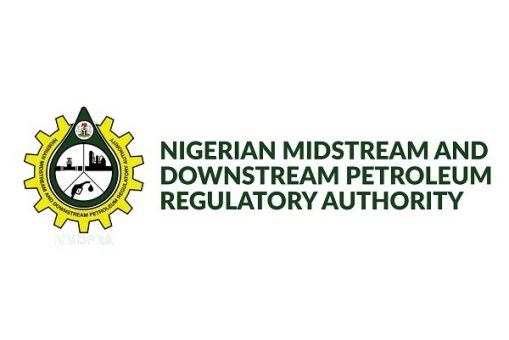
Keep up with the latest news and be part of our weekly giveaways and airtime sharing; follow our WhatsApp channel for more updates. Click to Follow us
Nigeria is set to ban fuel tankers with a capacity of over 60,000 liters from its roads starting March 1, 2025. This decision was made by the Nigerian Midstream and Downstream Petroleum Regulatory Authority (NMDPRA) to mitigate the rising number of road accidents involving heavy-duty petroleum tankers.¹
Ogbugo Ukoha, NMDPRA Executive Director, Distribution Systems, Storage, and Retailing Infrastructure, explained that the measure became necessary due to the increasing number of road accidents involving heavy-duty petroleum tankers. “The first stakeholder’s technical committee met today to drill down and put timelines for about 10 resolutions that had been taken on how to drive down the significant increase that had been observed in relation to trucks and transit incidents and fatalities,” he added.
The ban is a result of deliberations involving key agencies, including the Department of State Services (DSS), Federal Fire Service, Federal Road Safety Corps (FRSC), and the National Union of Petroleum and Natural Gas Workers (NUPENG). Ukoha stated, “The important thing about this is that, for the first time, consensus was built amongst all stakeholders, and we are continuing to encourage that we will work together cohesively to deliver a safe transportation of petroleum products across the country.
Additionally, no truck with over 45,000 liters in capacity will be allowed to load products by the fourth quarter of 2025. Ukoha dismissed recent claims questioning the quality of fuel in circulation, describing them as “bogus, misleading, and unscientific.” He assured Nigerians that all imported and locally refined petroleum products meet strict regulatory standards before being released into the market.
Ukoha emphasized that the NMDPRA will ensure compliance with petroleum industry standards and specifications. He also disclosed that daily Premium Motor Spirit (PMS) supply has reduced from 66 million liters to around 50 million liters following the withdrawal of subsidy. Local refineries contribute less than 50% of the total supply, with the shortfall being sourced through imports.
Please don’t forget to “allow the notification” so you will be the first to get our gist when we publish it.
Drop your comment in the section below, and don’t forget to share the post.








